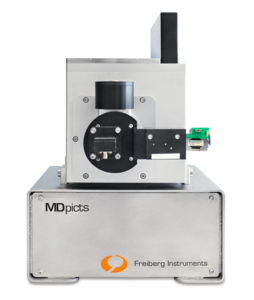
Transient spectrum detection of photo induced current using microwave detection, non-contact and non-destructive, used for temperature dependent minority carrier lifetime measurement and electrical performance characterization of interface and bulk trap energy levels in semiconductors. MDpicts will achieve widespread application in the field of basic research and development of semiconductor materials.
Equipment features:
Sensitivity: Has high sensitivity to electrical defects in semiconductor materials
Temperature range: liquid nitrogen (77k) to 500k. Optional: Liquid helium (4k) or higher temperature
Attenuation constant range: 20 nanoseconds to a few milliseconds
Pollution detection: determination of basic performance of electrical traps: excitation performance and capture cross-section of traps, minority carrier lifetime parameters affected by temperature and injection level, etc
Repeatability:>99.5%, measurement time:<60 minutes. Liquid nitrogen consumption: 2 liters/time
Flexibility: From 365 nm to 1480 nm, select different wavelength excitation light sources according to different materials
Accessibility: IP based systems allow remote operations and technical support from anywhere in the world
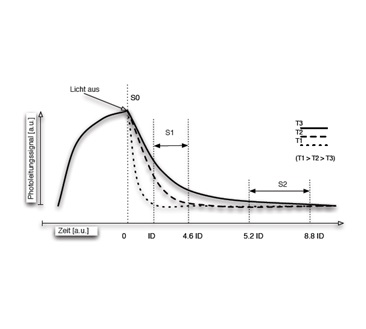
Figure 1. Temperature dependent transient of carrier emission
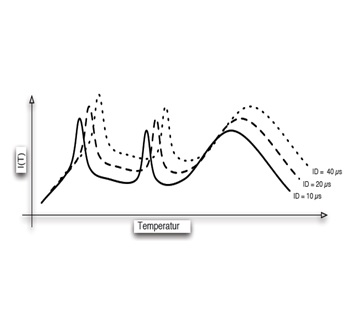
Figure 2. Evaluation of different defects
The activation energy can be determined from the Arrhenius slope (Figure 3)
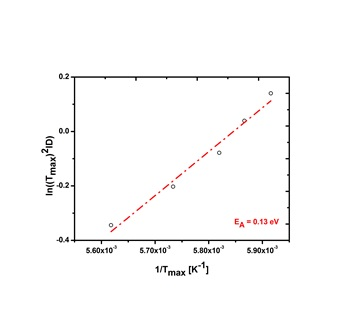
Figure 3. Arrhenius curve
By utilizing this new type of MDPpicts device, temperature dependent transient photoconductivity can be measured in the range of 20-500k.
Si, GaAs, InP, SiC, and many other semiconductor materials have successfully adopted this method for research.
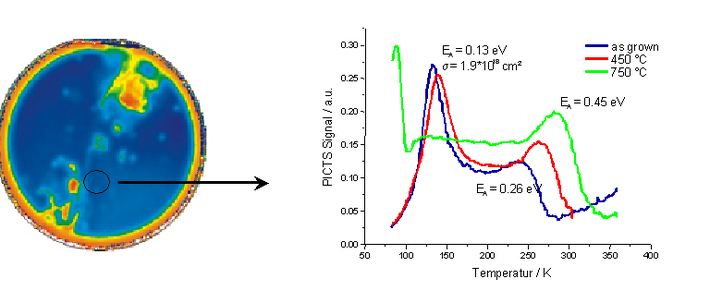
Figure 4. MD-PICTS spectra of Cz Si wafers at different temperatures







